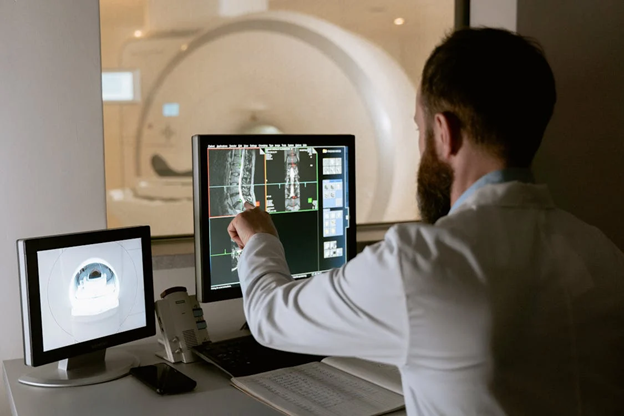%20(11).png&w=3840&q=75)
Businesses today face a myriad of challenges, including regulatory compliance, product quality assurance, and operational efficiency. To navigate these complexities successfully, many organizations are turning to CSI testing. This vital process not only ensures that products and services meet industry standards but also helps companies to identify potential flaws before they reach consumers. With the rapid advancement of technology, the role of CSI testing has become even more significant in maintaining competitiveness in the market.

The Importance of Quality Assurance
Quality assurance (QA) is integral to any business seeking long-term success. It provides a mechanism to check product consistency and performance, ensuring that standards are upheld. Businesses face substantial costs and reputational damage if products do not meet these expectations. CSI testing plays a crucial role here, enabling organizations to maintain high-quality outputs. Furthermore, effective QA processes lead to improved customer trust and satisfaction, which are vital in today’s competitive landscape. Studies indicate that customers are willing to pay more for products and services perceived as being of higher quality, thus enhancing profitability. Regular testing of products can help identify defects early, minimizing costly recalls and service disruptions. By adopting ROI-focused investment in a lab business, organizations can save substantial costs over time. Those proactive steps solidify the market position of businesses as reliability and consistency become synonymous with their brand.
Mitigating Risks Through Advanced Testing
Incorporating CSI testing significantly reduces various operational risks that businesses may encounter. Such testing methods allow for early detection of manufacturing errors, thus preventing further complications down the line. Understanding and addressing product safety issues preemptively can safeguard businesses against legal repercussions. Consumer safety concerns are paramount, especially with increasingly complex regulations governing different products and industries. Failure to adhere to these guidelines can result in severe penalties and damage to brand's reputation. By implementing thorough testing protocols, organizations can navigate these complexities with confidence. Furthermore, advanced CSI testing technologies provide in-depth analytics, which aid in understanding potential failure points in the production cycle. This insight allows for strategies aimed at improvement, effectively creating a culture of continuous enhancement.
The Impact on Regulatory Compliance
CSI testing has a profound impact on regulatory compliance. Regulations around product safety and quality are becoming increasingly strict across industries, from pharmaceuticals to food production. Organizations that fail to comply with these regulations face severe penalties and operational interruptions. By integrating CSI testing into their compliance strategies, businesses can ensure that their products meet all necessary requirements before they enter the market. This proactive approach not only helps in avoiding compliance penalties but also streamlines the path to gaining necessary certifications and approvals. Additionally, staying ahead of compliance trends can provide organizations with insights to adapt quickly to changing regulations, therefore minimizing disruption in operations. As regulatory bodies emphasize transparency, using data from thorough testing enhances credibility in the eyes of stakeholders, consumers, and regulatory agencies.
Driving Innovation and Efficiency
CSI testing does not solely focus on fault detection; it also drives innovation within business operations. Testing can illuminate areas where processes and products can be enhanced, facilitating creative problem-solving. As organizations analyze test results, they may discover surprising insights that lead to new product lines or improvements in existing ones. Embracing a culture where testing informs operations encourages a mindset open to continuous improvement. Moreover, streamlining the testing process can reduce time-to-market for new products, thereby giving businesses a competitive edge. Companies that leverage their testing capabilities effectively can focus on research and development initiatives that align with consumer demands.

By prioritizing quality assurance, mitigating risks, ensuring compliance, and fostering innovation, organizations create a strong foundation for sustainable growth. As industries evolve, those companies that embrace the value of testing will find themselves ahead of the curve, equipped to meet emerging challenges with confidence.

.png&w=3840&q=75)
%20(2).png&w=3840&q=75)
.png&w=3840&q=75)
%20(54).png&w=3840&q=75)
%20(53).png&w=3840&q=75)